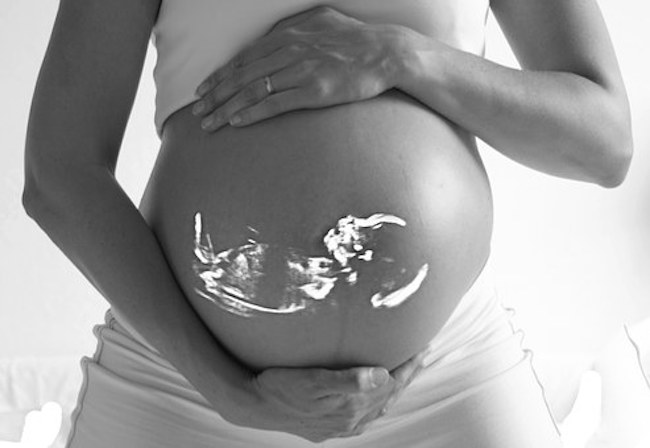Can You Believe in the Virgin Birth? BY William Boekestein for Core Christianity
35) Q. What does it mean that he “was conceived by the Holy Spirit, born of the virgin Mary”?
A. That the eternal Son of God, who is and remains true and eternal God,took to himself, through the working of the Holy Spirit, from the flesh and blood of the virgin Mary,a true human nature so that he might also become David’s true descendant, like his brothers in all things except for sin.(36) Q. How does the holy conception and birth of Christ benefit you?
A. He is our mediator and, in God’s sight he covers with his innocence and perfect holiness my sin, in which I was conceived.
Incorrectly pronounce New York City’s “Houston Street”—say it like the Texas city—and locals will know you are an outsider. That’s how a shibboleth works, it’s like a password or a secret handshake (see Judges 12:6). If ever there was a religious doctrine suspected to be merely a shibboleth, the Virgin Birth would seem a good candidate. Affirm the Virgin Birth and you are in, a conservative; deny it and you are out, a liberal. And as a test of orthodoxy, affirmation of the Virgin Birth is essential. But we can easily miss the necessity of the Virgin Birth itself.
This is a perfect place for one of the Catechism’s many why-does-it-matter follow-up questions. “How does the holy conception and birth of Christ benefit you?” Like all the redemptive events summarized in the Apostles’ Creed, Jesus’ earthly beginning is a historical event that profoundly affects our lives today.
How Should We Understand the Virgin Birth?
The emphasis isn’t so much on the virginity of Mary as on Jesus’s conception as a complete anomaly. We know how human life begins. But Mary’s firstborn wasn’t the product of a sexual union. When Mary was told of God’s plan for her to birth the Messiah, she was understandably confused. “How will this be, since I am a virgin?” (Luke 1:34). So what happened in Mary’s womb?
In the most basic terms, the eternal Son of God took a true human nature. The second person of the Trinity humbled himself by taking on flesh and entering into the human journey in the same place that our journeys began. He became “found in human form” (Phil. 2:8). Jesus wasn’t created. He is “the firstborn of all creation” (Col. 1:15) because of his preeminence over creation. “Firstborn” is a symbolic term. God calls David the “firstborn, the highest of the kings of the earth” (Ps. 89:27) though he was the youngest in his family. God would exalt him from his position of lowliness, as he did his own beloved Son.
But while “the Son is uncreated,”[i] Jesus’s human nature is real. He was genuinely born of Mary. He likely resembled Mary (though not Joseph). More important, in Mary’s womb, David’s Lord became his son (Mark 12:35–36). By being truly born of a woman (Gal. 4:4) he became “David’s true descendent” so that all the promises made to David and his heirs would come true in Jesus.




